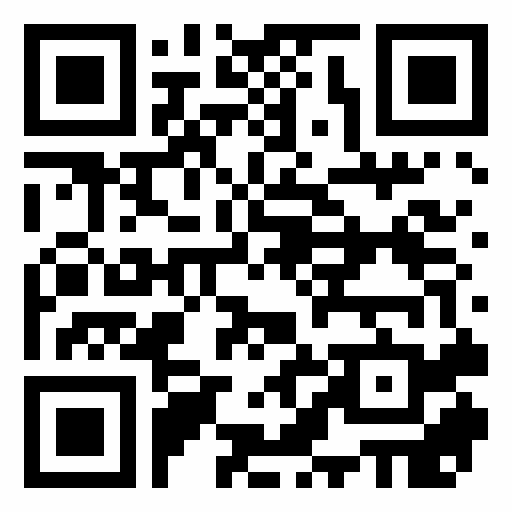The purpose of this study was to investigate the effects of life skills training interventions on harm reduction and social protection for addicted families in Bandar Abbas. It is quasi-experimental. The statistical population of the study consisted of all wives of addicted people who receive interventions (NA groups and addicted drug treatment centers). Due to the unlimited statistical population, 100 individuals in two groups (addicted and non-addicted wives based on age characteristics, gender matched) were selected and designated as samples. Then quality of life questionnaire, general health (GHQ-28) and perceived support were completed. The results of the analysis of hypotheses showed that interventions have a significant effect on social support for addicted families (P <0.05, P = 0.61). Interventions have a significant effect on mental health for addicted families (P <0.05, P = 0.34). Interventions have a significant effect on quality of life for addicted families (P <0.05, F = 0.99). According to the results of this study, NA classes with treatment group were more effective than methadone maintenance therapy on perceived support, mental health, and quality of life.
